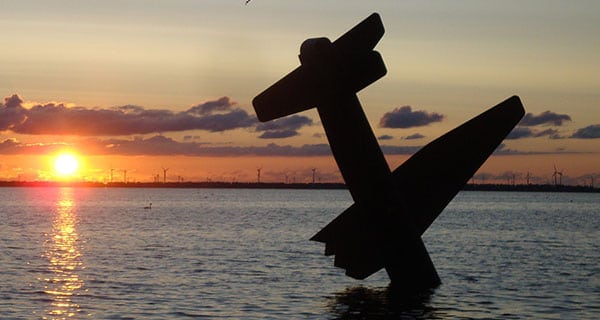 Just a couple of weeks ago, U.S. author Peter Zeihan was in the news in Canada because of a chapter that appeared in his recently published book: The Accidental Superpower.
Just a couple of weeks ago, U.S. author Peter Zeihan was in the news in Canada because of a chapter that appeared in his recently published book: The Accidental Superpower.
The book is mostly about the United States, but in one extraordinary chapter, Zeihan, a geopolitical strategist, argued that rich and young Alberta should consider seceding from Canada. Alberta is the richest territory in the Western Hemisphere, he argues, making it the only province that can generate local consumption and growth. Alberta is Canada’s “piggy bank”, and would prosper better outside of Confederation.
Zeihan’s heady proposals are especially poignant this week, as Alberta confronts its new reality with a tough-love budget that brings the high-flying province down to the level of the mere mortals who live in other parts of the country.
What just a few months ago looked like an unstoppable province now faces fiscal deficits, job losses and hard choices about how to impose tax hikes on a populace known to toy with Tea Party notions at even the mention of a provincial sales levy. This is, don’t forget, the birthplace of the western separatist movement.
Meanwhile, reports comparing Alberta to Norway rub salt in the wound by showing how that country was able to exercise enough discipline to salt away $1 trillion in its savings fund – a breathtaking amount of cash that allows it to live off the interest. Had Alberta saved like Norway, the argument goes, it would have a fund of $170 billion today instead of the relatively paltry $17 billion that’s actually there.
There’s a lot of finger-pointing about who’s to blame for Alberta’s misadventure. Political critics point to a series of weak-willed provincial premiers who used royalty cash to buy voter loyalty. When you consider that one party has been in power for 43 years, it’s hard to dismiss that theory out of hand.
But the citizens of the province share some of the blame, as well – even though current Premier Jim Prentice faced a public backlash recently for suggesting citizens need to look in the mirror. He is right that entitled citizens had little tolerance for prudence during the high-flying days of the resource revenue bonanza.
It’s also interesting to note that the two most popular premiers in the last half-century of the province were two very different visionary leaders, who had little in common except the belief that royalty riches were not to be wasted.
The first was Peter Lougheed, who in 1971 launched the Progressive Conservative juggernaut and used the province’s new riches to establish its Heritage Saving Trust Fund and build a legacy of protected land that has helped preserve its spectacular wilds. Twenty years later, Ralph Klein took over the reins of a province that had lost its fiscal discipline and put it on course to wipe out its debt entirely.
By supporting those two premiers in particular, Albertans signalled that they did indeed get how important it was to make the most of the province’s once-in-a-lifetime prosperity. It’s the premiers in between those two visionaries – the Don Gettys, Ed Stelmachs and Alison Redfords – who couldn’t seem to stay the course, caving in to relentless pressures from special interest groups.
For U.S. author Zeihan, the lesson in Alberta’s recent misfortune is to be careful about making sweeping conclusions based on demographics and oil revenue alone. In its hard-luck formative years, Alberta was a poor province that relied on help from its friends in Confederation to get by.
The province is a long way from falling back on such hard times again, but neither is Alberta in a position to be cocky. The coming months and years will test of the mettle of its leaders and its people as they learn to how to live in a world where oil sells for less than $50 a barrel.
It’s fair to say that the idea of secession – only ever contemplated by wide-eyed dreamers – is off the table for a long time to come.
Veteran political commentator Doug Firby is president of Troy Media Digital Solutions and publisher of Troy Media.
The views, opinions and positions expressed by columnists and contributors are the author’s alone. They do not inherently or expressly reflect the views, opinions and/or positions of our publication.
